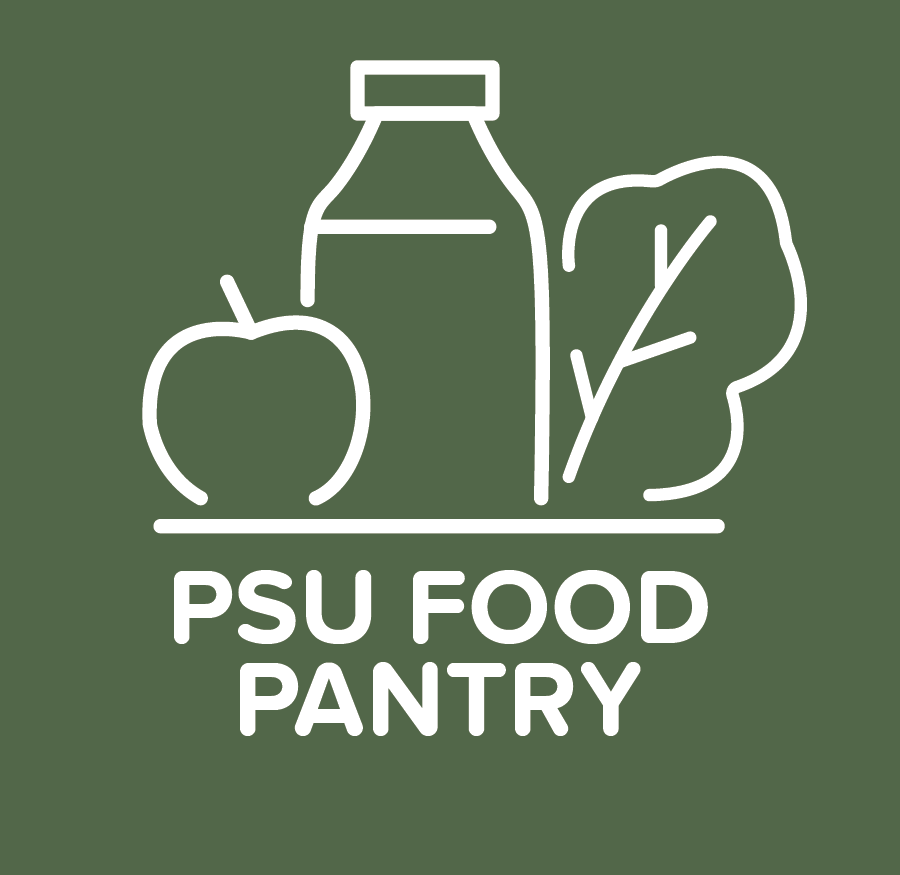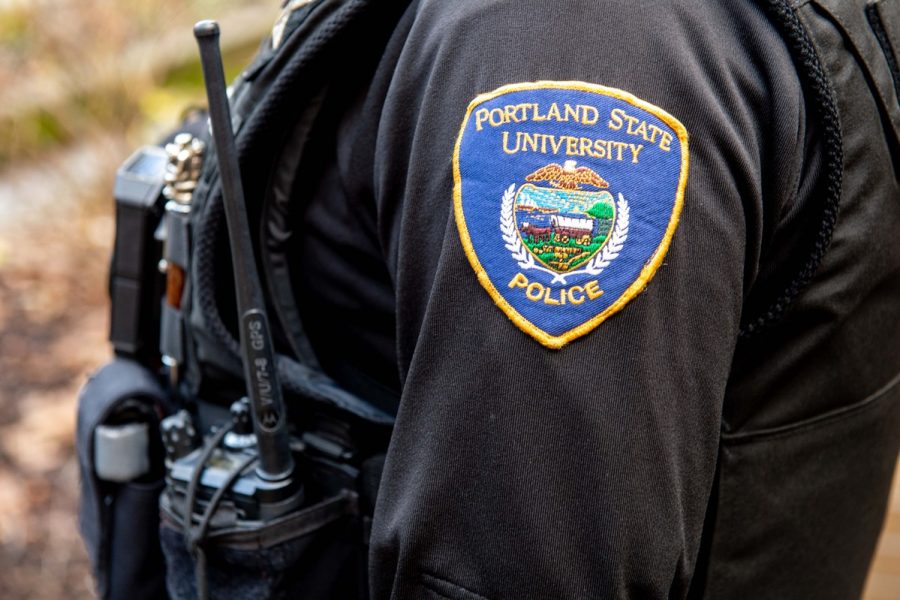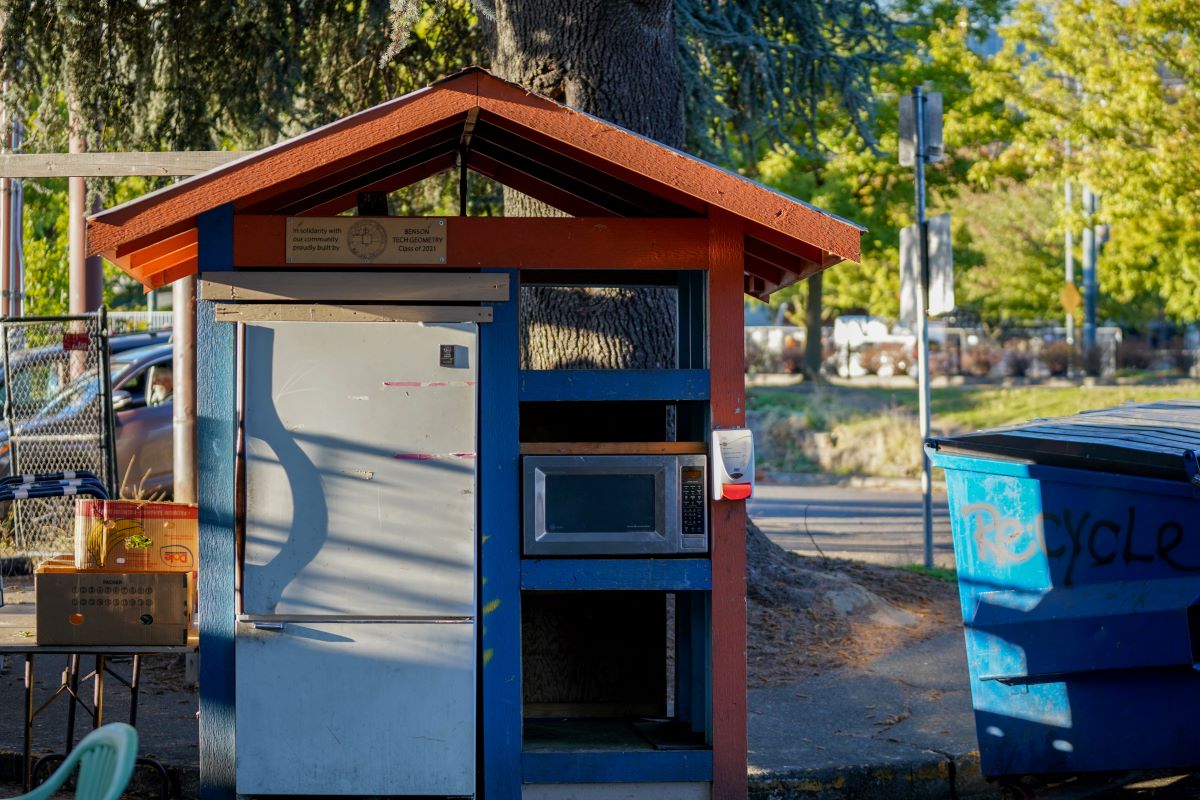When it comes to current rates of food insecurity, a report by Oregon State University found that one in four Oregonians is affected, while those under the Black, Indigenous, People of Color (BIPOC) umbrella face a 30% chance of experiencing food instability. In 2020, many people accessed food pantries for the first time—unfortunately, food pantries around the country were not prepared for the level of demand.
When schools shut down in Portland due to the COVID-19 pandemic, the lack of free school meals widened the equity gap for families. According to Forbes Advisor, a 2019 study found that 39% of students at two- or four-year institutions of higher education experienced food instability within the last 30 days. This begs the question: how is food insecurity affecting Portland State students?
The prices of PSU’s First Year Experience meal plans range from $1,165–1,561, and the types of food can vary across campus cafeterias. But what happens when you can’t afford the food, or it’s not enough?
That’s where the PSU Food Pantry comes in.
In 2012, one PSU student decided something needed to be done about food insecurity among the university’s students, and originally tried to carry out the mission on their own. It wasn’t long before it became obvious that a dedicated team would be needed to really make this a reality. Now, almost 10 years later, PSU’s Food Pantry is run by a combination of staff and volunteers. Because of the pandemic, it is open by appointment only Monday–Friday to provide students with free food, fresh baked goods and also informational resources.
The PSU Food Pantry employs roughly five to six employees as well as volunteers. It’s known as a flat organization, meaning there is no direct manager; employees work on a collaborative level to create a supportive and engaging environment.
According to Lilli Root, a staff member at the Food Pantry, employees want to make sure the Food Pantry is sensitive to issues of intersectionality, as food is such an important topic in BIPOC communities. Staff concerns include the need to offer cultural and religious food items, such as halal and kosher foods. Currently, the Food Pantry is run by a diverse staff—many of whom identify as BIPOC themselves—that is aware of the organization’s blind spot in providing support that meets the needs of PSU’s Indigenous and the Middle Eastern communities. According to Root, the organization wants to work with PSU’s Cultural Resource Centers to coordinate mini-pantries to provide food items that are culturally significant to a wider range of students.
For those wishing to access the food pantry, it is currently located in the basement of Smith Memorial Student Union (SMSU), room 47A, by appointment in 10-minute increments. Masks are mandatory. The Food Pantry’s hours are 1–6 p.m. Monday through Thursday and 9 a.m.–2 p.m. on Friday. Appointments can be made on the Food Pantry’s website.
To get into the appointment, students have to provide proof of being a student, either with a PSU ID card or PSU email address. However, accessing SMSU without an ID card is difficult, as the entrances may require student IDs to be unlocked. This is common across PSU’s campus and should be remembered if you’re looking to take advantage of any of the resources PSU has to offer.
After accessing the building and getting into the food pantry, there was a large supply of canned organic goods, fresh bread, baked gluten free and vegan items and dry foods. Fruits and vegetables were slim, but this may be due to the 5 p.m. appointment time as the pantry is first come, first served. The staff was extremely friendly, helpful and gave lots of space, as the area is small.
According to Root, the Food Pantry has big dreams for the space, but COVID-19 has affected operations. For example, since the cafe upstairs is closed, the staff currently don’t have access to a kitchen. While access to food items is part of the problem, access to whole meals and storing space is another issue. For Root and others, having a full kitchen and being able to offer free meals would be ideal. Despite this, the PSU Food Pantry is a growing resource for students that aims to make students feel safe and dignified while utilizing it, and the staff are a large part of making that a reality.






